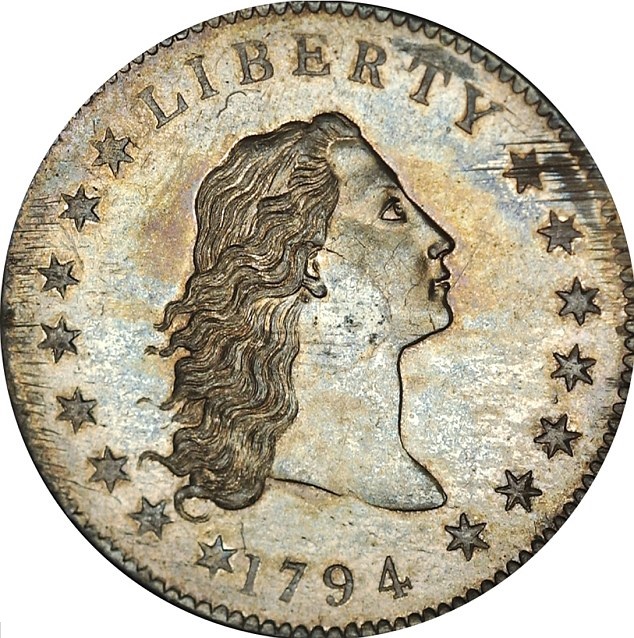Impulse buying is a common phenomenon that many people struggle with. It can lead to overspending, debt, and financial stress. However, with some simple strategies, it is possible to avoid impulse buying and make more thoughtful purchasing decisions. In this article, we will explore some effective ways to resist the urge to impulse buy and take control of your finances.
One key strategy to avoid impulse buying is to create a budget and stick to it. By setting limits on how much you can spend in different categories, you can prevent yourself from making spur-of-the-moment purchases. The first step in creating a budget is to determine your income and expenses. Once you have a clear picture of your financial situation, you can allocate a set amount of money for necessities, savings, and discretionary spending. By tracking your expenses and staying within your budget, you can avoid impulse buying and make more intentional choices about where your money goes.
Another effective way to avoid impulse buying is to make a shopping list before you go to the store. By planning ahead and knowing exactly what you need to buy, you can resist the temptation to make unnecessary purchases. The First Dollar you spend should be on the items that are essential to your daily life or contribute to your long-term goals. By sticking to your list and avoiding distractions, you can stay focused on your priorities and avoid impulse buying.
It is also important to recognize the triggers that lead to impulse buying and find healthier ways to cope with them. For example, if you tend to shop when you are stressed or bored, try finding alternative ways to relax or stay occupied. Taking a walk, practicing mindfulness, or spending time with loved ones can help you manage your emotions without resorting to impulse buying. By becoming more aware of your triggers and developing healthier coping strategies, you can reduce the urge to make unnecessary purchases.
Additionally, it can be helpful to avoid temptation by unsubscribing from marketing emails, unfollowing retailers on social media, and limiting your exposure to advertising. By minimizing the influence of external factors, you can reduce the likelihood of impulse buying and make more conscious decisions about where you spend your money. The first dollar you save by resisting temptation can add up over time and help you reach your financial goals faster.
In conclusion, impulse buying can have negative consequences for your finances and well-being. By creating a budget, making a shopping list, identifying triggers, and minimizing temptation, you can avoid impulse buying and take control of your financial future. Remember, the first dollar you save is the first step toward greater financial stability and peace of mind.
——————-
Article posted by:
The First Dollar
https://www.thefirstdollar.net/
(734) 864-6920
Ann Arbor, MI, United States
We are the premier source for gold, silver, and rare coins with the best prices online or off. Check out our site to start buying today!
